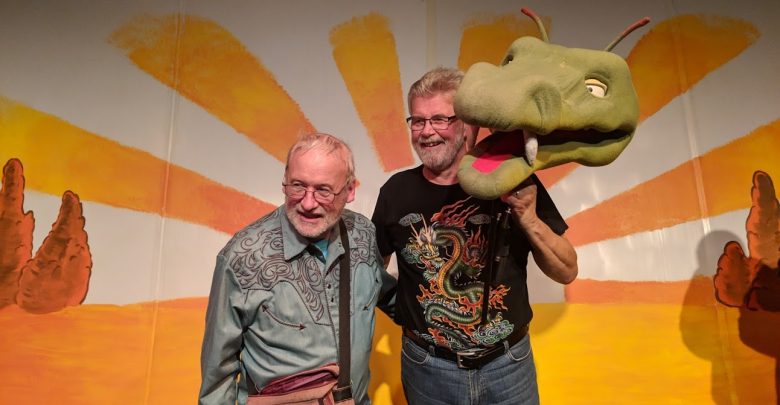
The iconic children’s book Paper Bag Princess is turning forty. The CBC recently ran a story about how important, revolutionary, and impactful the book was. It spoke to subverting tropes, empowering young girls, and mothers crying over how they wished they’d had it when they were children.
The article was great, and you should go read it, but it rang false to me. Not because it’s inaccurate. Not at all. But it tells a story of an older generation, of the boomers and their relationship with the book. What that article missed is the effect that book had on the children who were born into a world where it had always existed.
1. Anything that is in the world when you’re born is normal and ordinary and is just a natural part of the way the world works.
2. Anything that’s invented between when you’re fifteen and thirty-five is new and exciting and revolutionary and you can probably get a career in it.
3. Anything invented after you’re thirty-five is against the natural order of things.
-Douglas Adams
More than half of all living people have never lived a world without The Paper Bag Princess. For Canadian children like me, it’s practically required reading. It’s in every bookstore and library, and it’s hard to find a kid over five without it on their shelves at home. It is ubiquitous.
For me, it was the first book I read, or had read to me, that contained princes, princesses and dragons. It wasn’t subverting tropes, it was establishing them. In the fictional worlds of my youth boys and girls were equal heroes. I was given no reason to think otherwise.
To me and those like me, Paper Bag Princess wasn’t about a girl saving a boy. That didn’t matter. The book was pretty clear about that. What mattered was that dragons were defeated by bravery and cleverness, not through violence. It told us that bad people were those that cared too much about surfaces and didn’t like getting dirty. It told us that people are worth saving even if they’re a bum. And it told us not to listen to the petty criticisms of people who would put us down for how we looked.
What I did not know, and could not know as a child, was that Paper Bag Princess was exceptional. I wasn’t aware of the libraries full of stories of helpless princesses awaiting some man to enact violence in their defense. It, and the other great works by Munsch occupied so much of my foundational literature that I couldn’t understand until many years later that the world we lived in had not yet caught up to the world he imagined.
I think that book is both to credit and to blame for some of my generation’s inability to recognize inequities that still exist. When someone shouts about the fact that girls can be heroes too, me and many of my contemporary’s response is confusion. Has someone suggested otherwise? We hold up Paperbag Princess and say, look, of course they can be heroes. Everything is fine.
And we mean it. We believe it. At least we do until the unbearable deluge of proof shows us that the worlds of Robert Munsch, of Mr. Dressup, Mr. Rogers, and Sesame street are the world as it should be be, not as it is. The differences between gender, race, appearance, and religion that weren’t even worth mentioning in those worlds are still tearing ours apart.
But in my youth, I saw that world, and believed in that world. Now that I’m older, I work to make that world a reality. And every child should read Paper Bag Princess before any other book so that they, too, know the proper way to rescue someone from a dragon.

